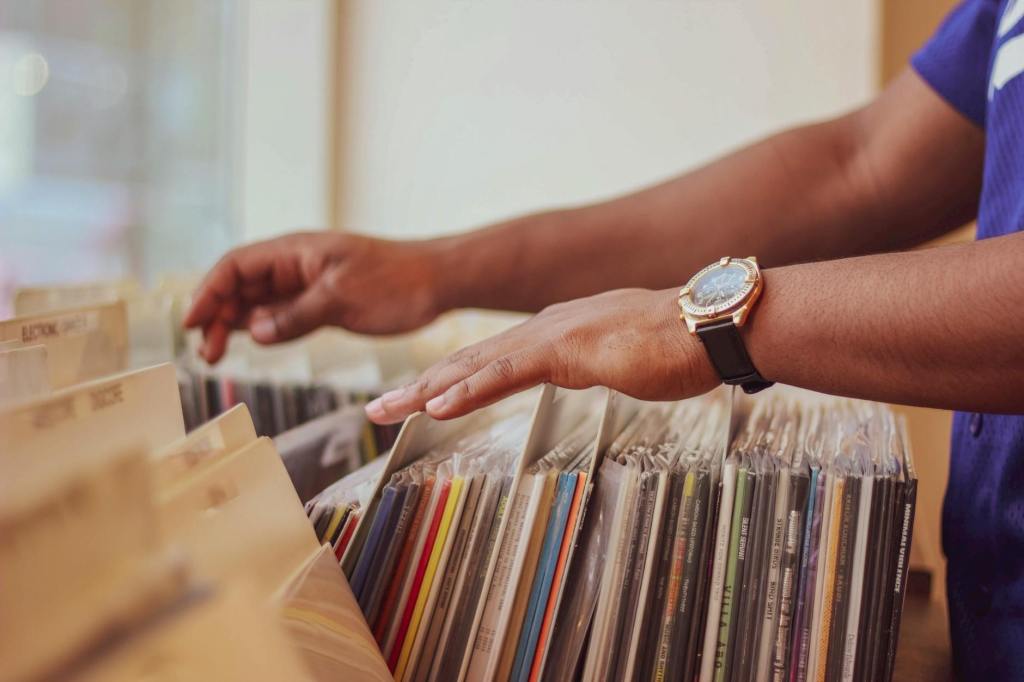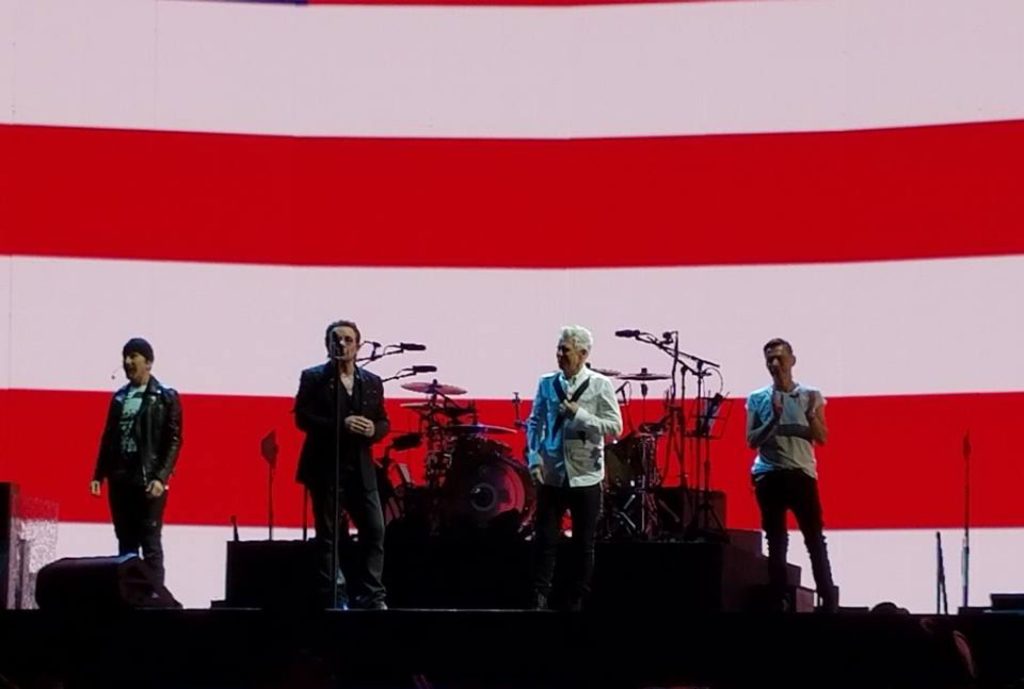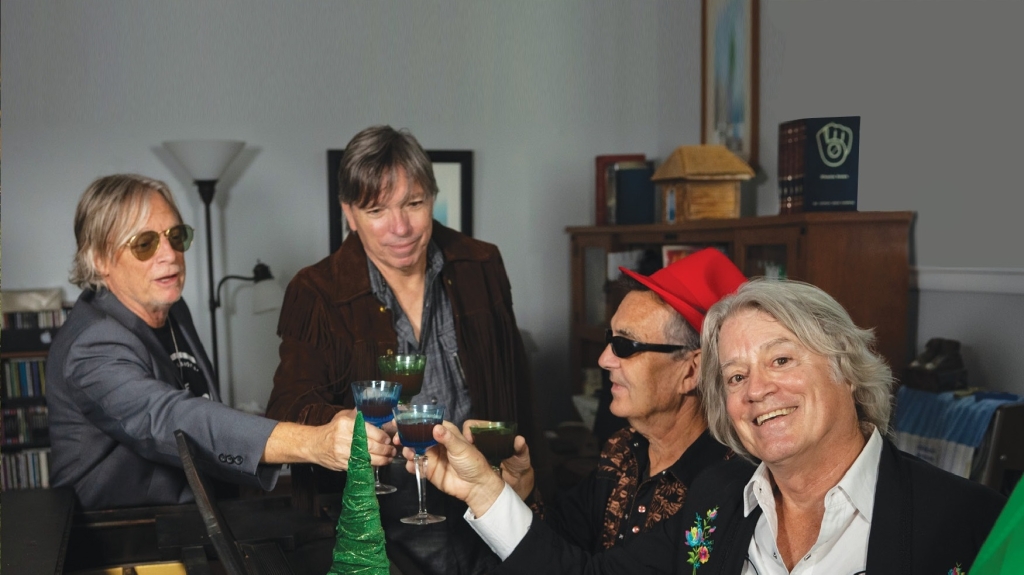
Buffalo’s own Tom Calderone spent seven years as the president of VH1, so, when the network ranked “Under the Milky Way” as the 83rd best one-hit wonder of the ’80s in 2013, I couldn’t help but want to hold him partially responsible for the gaffe. The Church’s 1988 smash featured Steve Kilbey’s beautifully morose delivery atop an ethereal wall of 12-string acoustic guitar, but apparently its cultural contribution couldn’t hold a candle to that of “Key Largo” or “Boom Boom (Let’s Go Back to My Room)” in the mind of the executive.
Calderone may not have been the only suit behind the list, but he was ultimately in charge of curating whatever overall message the brand wanted to send to its viewers during that time. I, for one, heard that message loud and clear, and never really felt the same way about the network again. The snub was indicative of how out of touch they had become with anything resembling actual music and their subsequent descent into reality television hell all but sealed the deal.
While the one-hit wonder label stuck in America, The Church never allowed that lack of respect to deter them from continuing to write their own legacy. Their last two albums, 2014’s “Further/Deeper” and 2017’s “Man Woman Life Death Infinity,” contain some of the deepest alternative music extant at a time when the mainstream appears to be trending in the opposite direction, so don’t expect their upcoming evening at Town Ballroom on April 12 to be a lightweight affair.
I spoke with guitarist Ian Haug regarding the “Starfish” tour and how well his first five years in the band have gone in the wake of original guitarist Marty Willson-Piper’s departure. Because of how much his presence has rejuvenated the band, this show has the potential to be the finest of the spring season.
MNOD: Before joining The Church, you were in the Australian rock band Powderfinger from 1989 to 2010. How did you feel following that break-up?
Haug: I think we were ready. We knew it was coming, because it was like being in the same job for 25 years. It was time for a change. It was sad, but I was glad to step out and do something else. The Church were my favorite band growing up, so it was a childhood dream come true when they asked me to join. It’s surreal, really.
MNOD: What would you have done had The Church not come calling?
Haug: I still would have been involved in music in some way. I have other little projects such as running a recording studio and working with younger bands, so I definitely wouldn’t have become an accountant or something.
MNOD: You mentioned that The Church were your favorite band growing up, but they’re largely, and unfairly, considered a one-hit wonder in America. How were they viewed in Australia during the ’80s?
Haug: Well, I think they were known for different songs in Australia than America, because “Starfish” took a while to really catch on. “The Unguarded Moment” was the first radio hit in Australia and that garnered instant fans for the band. The earlier songs were what first got me into the band, so you’d have to look at the generation after me to see how influential “Under the Milky Way” was. I’m sure that the effect was similar, but it was just different timing.
MNOD: How was your addition to the band received by longtime fans?
Haug: Remarkably well. Not many haters, as far as I could tell. Marty (Willson-Piper) might have been the most popular member of the band, so I think it helped that we went right into making new music instead of me just slipping into the old stuff. Making new records helped a lot, because it sounded like The Church but was different at the same time. I didn’t want to do what Marty did. I wasn’t interested in copying anything. It was more like I was standing next to his shoes rather than filling them. Had I tried to play exactly like him, it would have been a poor imitation. That’s also why I’m not playing a Rickenbacker.
MNOD: How inclusive was the writing process when you first began working on new material?
Haug: They were definitely open to my ideas. There was no real direction. It was more just coming up with riffs and parts without any preconceptions. We were just letting it flow in the studio. It was like having three crazy uncles, but it’s worked out very well. Our personalities mesh well and we really enjoy playing together. It’s a happy camp.
MNOD: “Starfish” and “Under the Milky Way” changed everything for the band in America. Has revisiting the album on this tour breathed new life into the material?
Haug: “Starfish” has certainly been enjoyable to work out again, because many fans probably don’t realize who actually played what parts. Certain parts that people think were played by Marty were played by Peter, so it’s been good fun. I’m very much in a supportive role. “Reptile” is another song that has been fun to get back into.
MNOD: Who were some of your influences as a guitar player?
Haug: I have two older brothers, so they introduced me to George Harrison and Jimmy Page. I also liked Mick Ronson, Marc Bolan, and Poison Ivy from The Cramps. My influences are a mixed bag, really. I’m not really into shred guitar, because I prefer playing that is much more melodic. I mean, I can recognize that Steve Vai is great, but it’s not anything that I listen to.
MNOD: What kinds of guitars are you bringing out on the road these days?
Haug: For my six-string, I have a Fender Jaguar that is considered vintage now. I bought it in early 1998. My 12-string was custom made in Australia by a guy named Piers Crocker. It’s called a Crockenbacker, because it’s a cross between a Rickenbacker and a Gretsch. It’s a beautiful guitar to play. I also use a Danelectro and a Vox Teardrop.
MNOD: What is your touring schedule like? Do you get any time to write on the road or does most of the creating happen while in the studio?
Haug: Most of our music comes from getting together in the studio. We’ll have little jams during soundcheck, but we have plenty to keep ourselves busy while touring. I think we’re playing 30 shows in 35 days or something like that and we’re also learning the “Seance” record for some shows in the UK. It’s hard to set aside time for anything else while on the road.
MNOD: How do you spend your time when you can get away from music for a bit?
Haug: I run a record label at home and I work with young bands, so I don’t really get away from music. I like to surf and I also have young kids, so most of life away from music is normal stuff.
Join The Church as they celebrate 30 years of “Starfish” at Town Ballroom on April 12.
See http://www.thechurchband.net or http://www.townballroom.com for details.






Leave a comment